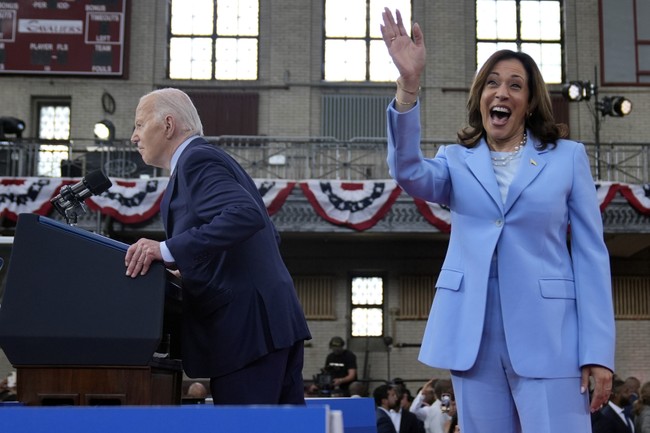Yemen Peace Agreement: A New Dawn or Temporary Truce?
A pivotal agreement between the Yemeni government and the Houthis aims to de-escalate financial and aviation tensions. Will this bring lasting peace to Yemen?
Published July 25, 2024 - 00:07am

Image recovered from alhurra.com
The United Nations announced on Tuesday that the internationally recognized Yemeni government and the Iran-backed Houthi rebels have reached an agreement aimed at reducing tensions in the banking sector and aviation services. This development comes after a period of escalated conflict between the two parties, which has seen significant financial and logistical disruptions.
The agreement entails several de-escalatory measures, according to a statement from the UN Special Envoy to Yemen, Hans Grundberg, who explicitly acknowledged Saudi Arabia's vital role in brokering the accord. Both parties are locked in a fierce battle for control of the country's financial institutions while grappling with severe economic crises.
Notably, this announcement coincides with hostilities over control of Yemen's banking sector. The conflict has reached a point where both sides have imposed reciprocal bans on banks operating within their territories. The central bank under government control had previously prohibited transactions with six banks in Houthi-held Sana'a, leading to financial isolation. Conversely, the Houthi-run central bank banned dealings with thirteen banks based in government-controlled Aden to counteract the government's financial pressure.
In recent months, the Houthis have accused the United States and Saudi Arabia of orchestrating financial measures against their banking system. Houthi leader Abdul-Malik al-Houthi issued stark warnings to Saudi Arabia, implying that any Saudi actions against Houthi-controlled banks would be reciprocated against Saudi banking institutions.
The UN-mediated agreement also addresses the operational challenges confronting Yemen's national carrier, Yemenia. Multiple accounts of airline funds being frozen between banks controlled by either faction had paralyzed operations, especially affecting flights between Sana'a and international destinations like Jordan, Cairo, and India.
Grundberg's office emphasized that scheduled meetings between both parties would address the banking sector issues, aiming for an all-encompassing resolution that would serve all Yemenis and foster a national ceasefire.
This agreement is an offshoot of a roadmap initiated by the UN in December last year, designed to end the war through an inclusive political process. However, external factors have complicated peace efforts. Recent escalations include Houthi attacks on ships in the Red Sea, allegedly heading to Israeli ports, and retaliatory strikes from the US and UK since the Gaza conflict began on October 7th. These activities had led to the temporary suspension of peace talks.
Hans Grundberg informed the UN Security Council that the Houthis' threat to international shipping is becoming more severe. The constant targeting of international vessels in the Red Sea now poses an increased risk to global maritime commerce. This rising threat has resulted in significant disruptions, including the sinking of commercial ships and the death of civilians.
The tension reached a new peak when Houthi forces and Israel exchanged attacks. Israeli airstrikes targeted the Houthi-controlled port of Hudaydah, damaging vital oil and electrical infrastructure. Some vessels were sunk, others heavily damaged, thereby disrupting trade flows. Moreover, the Houthis continue to hold captive the crew of the Galaxy Leader, a ship they hijacked in November. The ongoing US and UK aerial assaults are also part of attempts to neutralize these threats.
The newly established banking agreements seek to overturn recent punitive measures by both sides, enabling a return to regular operations under a stabilized economic framework. This decision targets a more integrated economic system beneficial to all Yemenis and aims to support an overarching nationwide ceasefire and inclusive political process.
Addressing the aviation dilemma, the agreement includes steps to resolve administrative, technical, and financial challenges faced by the national airline. Consequently, flights between Sana'a and Jordan are set to resume and increase in frequency, while new routes to Cairo and India are planned to accommodate travel demands.
Despite this progress, pitfalls remain. Disputes over resource management and territorial control continue to fuel tensions. The international community hopes that this agreement can sustain long enough to pave a way for lasting peace amid the profound humanitarian crisis that has gripped Yemen for nearly a decade.
This latest development signifies a crucial moment in the Yemen conflict, offering hope amidst extensive ruin. Whether this agreement will lead to durable peace or merely serve as a pause in the ongoing conflict remains to be seen. The world watches closely, eager for a resolution that will end the suffering of millions of Yemenis.






